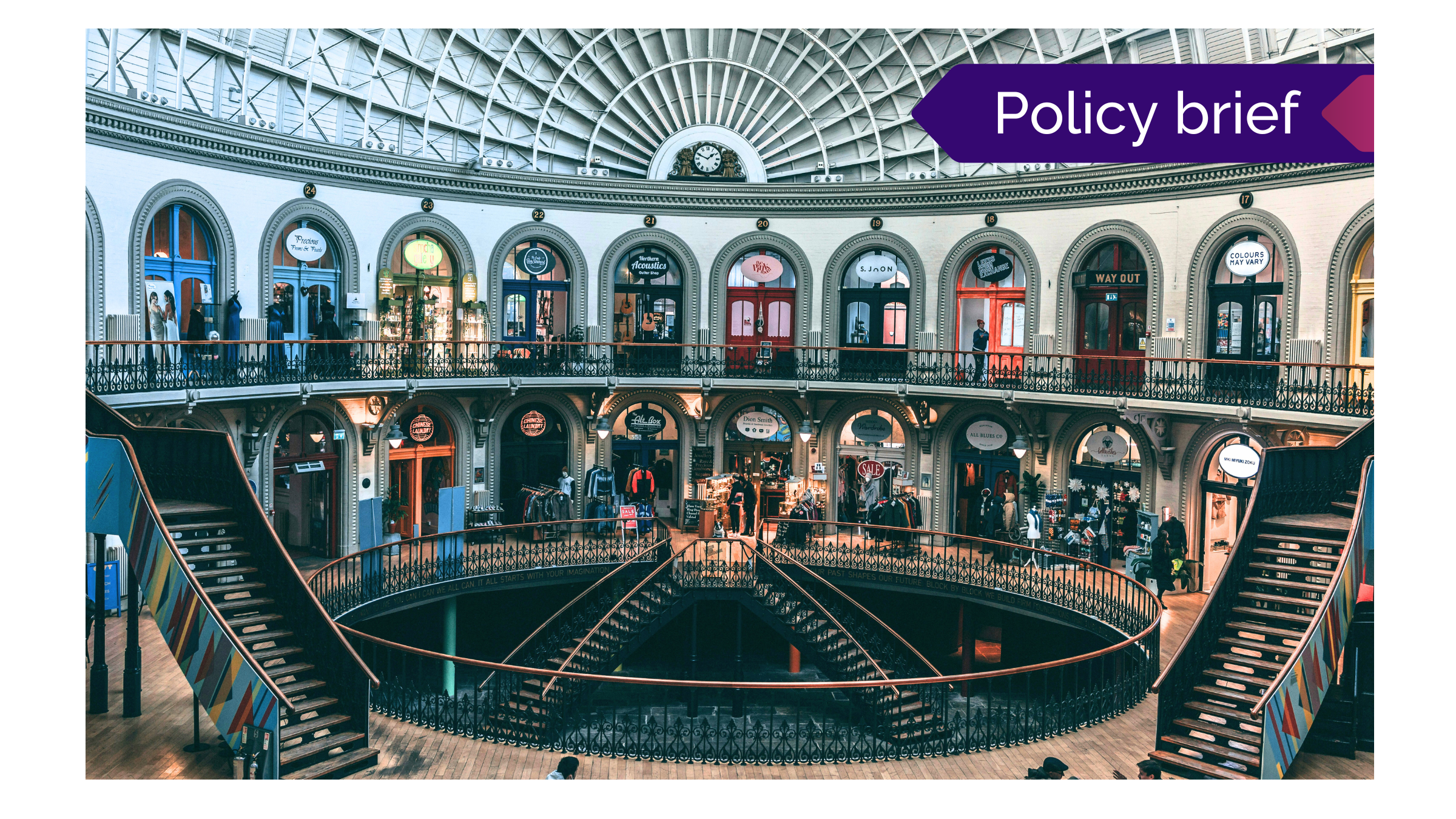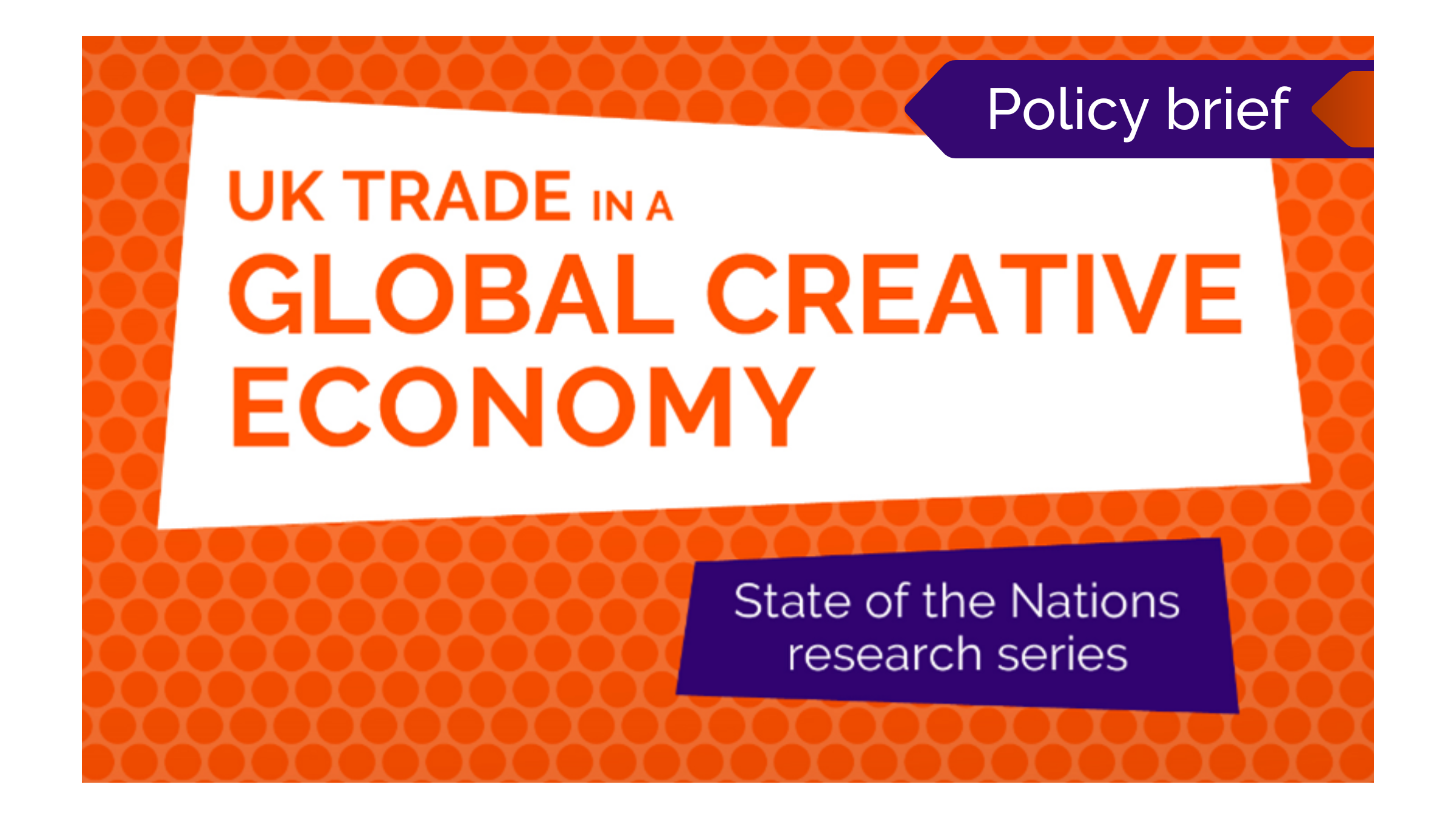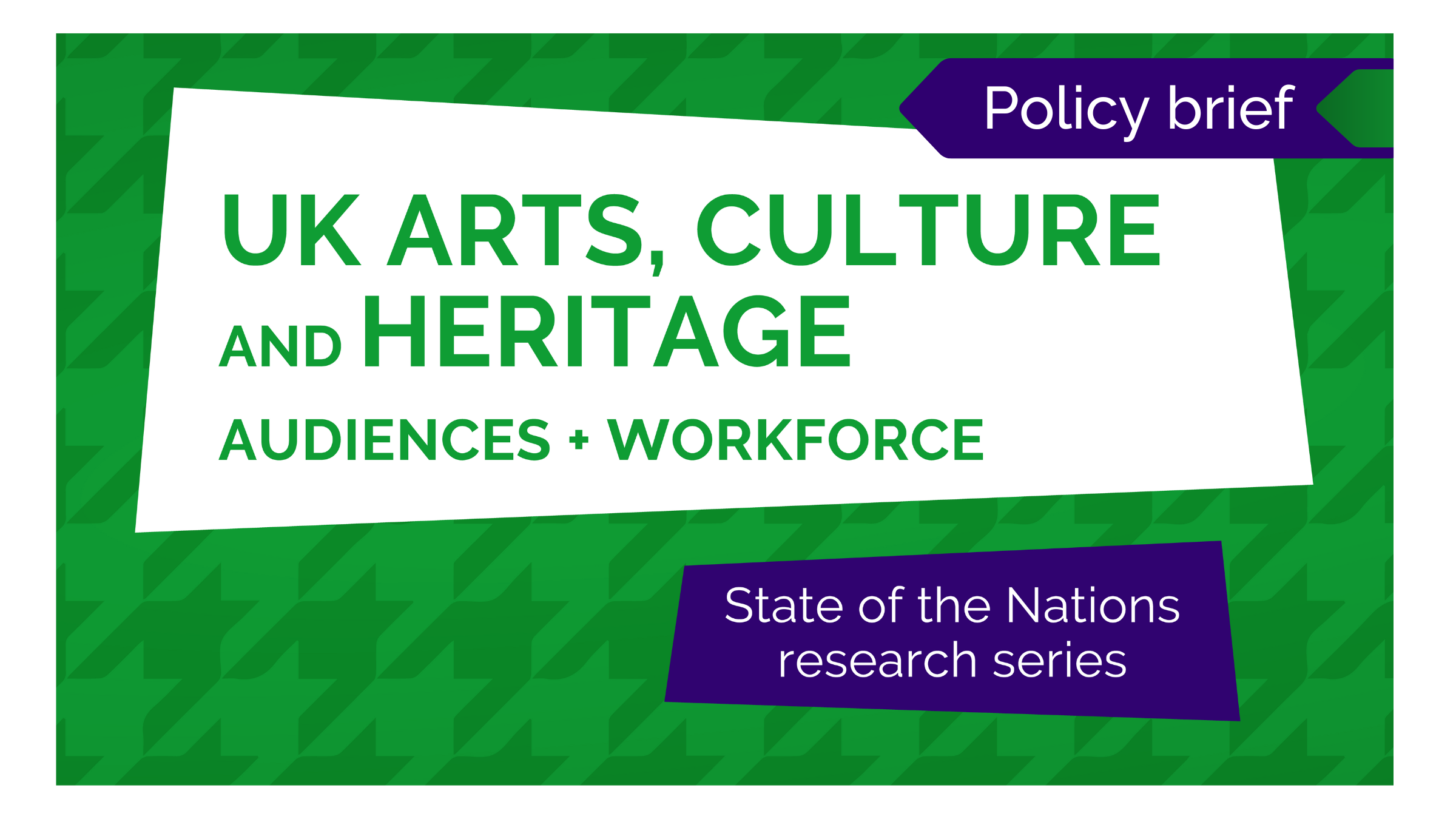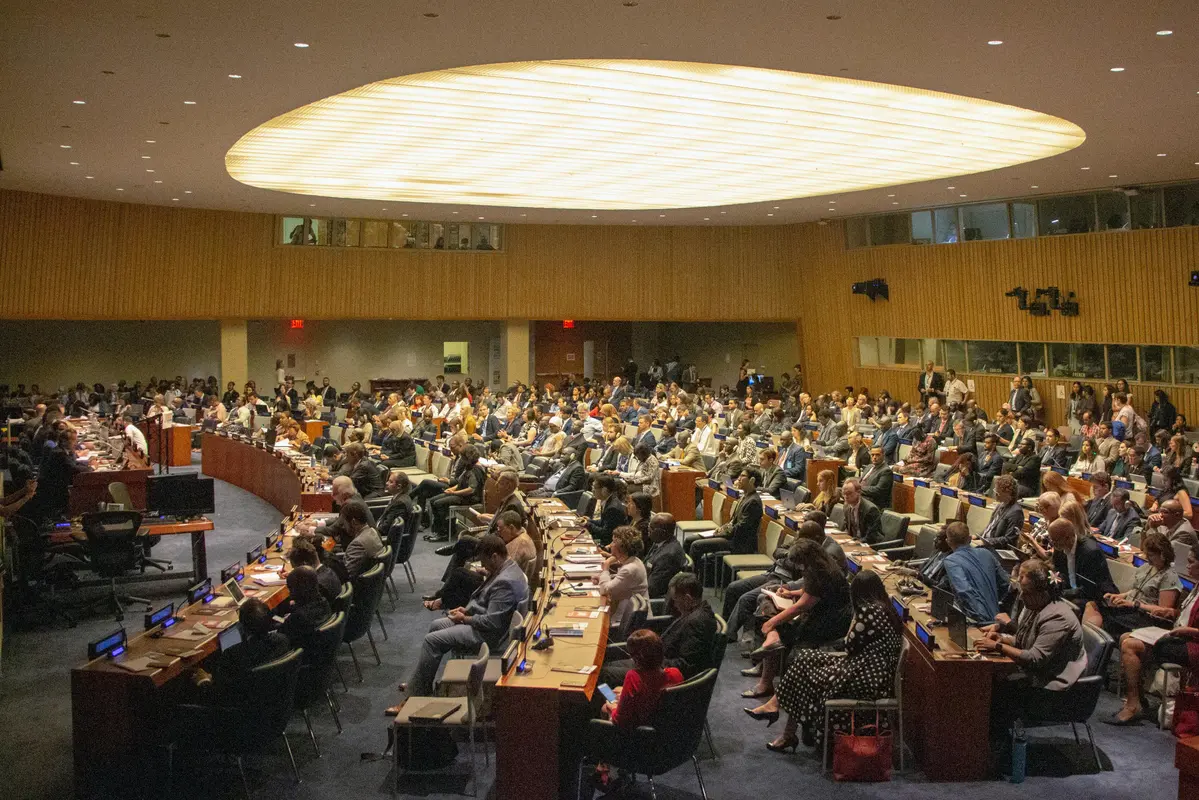What R&D in the arts, humanities & social sciences looks like in a business setting, and why it matters
This policy briefing is based on research which starts from two premises. First, the government has made strong commitments to increasing investment in research and development (R&D) as a way to address economic, social and global challenges. It is unquestionable that investments in research and innovation have made innumerable improvements and contributions to lives and livelihoods. These benefits are a result of research and innovation insights from all disciplines, but this broad-based contribution does not translate into policymakers’ definitions of R&D, nor does it sit well with R&D statistics.
In particular, the model by which governments understand R&D is structured toward STEM-based research activities and so does not map effectively on to knowledge creation in the arts, humanities and social sciences (AHSS). There is a risk of a “gulf” between how R&D happens and the policies that support it.
Second, the Government has a target of investing 2.4% of GDP in R&D by 2027, with the aim of boosting the UK’s innovation performance, increasing to 3%. The UK economy is 80% service based. It contains fast growing, internationally competitive sectors like the creative industries. Understanding and measuring R&D in the services sector in particular, with its origins in AHSS disciplines may have vital significance for the 3% target, and for the direction of policies to promote innovation and economic growth.
Without the right definitions and tools to measure R&D, and effective policies in place to support it, the Government risks ignoring the full value of R&D in the UK economy, and missing out on incentivising investment in innovation in AHSS-related sectors and activities. Rectifying this could lead to a host of benefits for the UK economy, society, and productivity.
This policy briefing summarises the main findings from a research study which addresses this issue and presents implications for policy. It draws on a detailed literature review, desk research of data sources, and interviews and case studies from thirteen businesses across different sectors. It is structured around ten headline findings which tell a story about the broad nature of R&D in the arts, humanities and social sciences, the more selective interpretation of the definition of R&D in UK policymaking, the limits this imposes on accurate data collection, the implications for business understanding, and the opportunities for more effective research and innovation policymaking.
Please reference this paper as:
Bakhshi, H., Breckon, J. and Puttick, R (2021) Business R&D in the arts, humanities and social sciences. London: Creative Industries Policy and Evidence Centre and Nesta. Available from: https://pec.ac.uk/policy-briefings/business-r-d-in-the-arts-humanities-and-social-sciences
Related Policy Briefings
Policy Brief: Insights from the Northern Creative Corridor Workshops Sprint
The Northern Creative Corridor is an initiative aimed at connecting creative clusters across Norther…
Policy Brief: International Trade and the UK Creative Industries
This policy brief examines international trade in the UK creative industries. Drawing on our UK Trad…
Policy brief: Audiences and Workforces in Arts Culture and Heritage
This policy brief is based on research from Creative PEC’s State of the Nations Report, Arts, Cultur…
Policy Brief: Transitioning to Sustainable Production across the UK Theatre Sector
This policy brief outlines recommendations for transitioning to more sustainable theatre production …
Authors’ Earnings in the UK
This policy briefing sets out areas for possible policy action, proposed by the researchers at CREAT…
Television production, international trade and pressures to consolidate
The UK television production sector is one of Britain’s leading creative export sectors. This briefi…
Three ways to support growth in the creative industries
Three ways to support growth in the creative industries The Creative Industries are an economic powe…
Policy briefing: Creative industries innovation in seaside resorts and country towns
This policy brief is based on a PEC Discussion Paper: Creative Industries Innovation in Seaside Reso…
Policy Briefing: R&D in the Creative Industries
The creative industries are one of the fastest growing sectors of the UK economy. One in eight UK bu…
A global agenda from the PEC’s International Council
You can now read the report in A Global Agenda for the Cultural and Creative Industries is the …
The birth of neo-regulation. Where next for the UK’s approach to platform regulation?
A new era of tech regulation is about to begin. However, planned legislation is leading to a tension…
Placemaking, Culture and Covid
In September 2021, we consulted a Panel of our Industry Champions on their experiences of …












